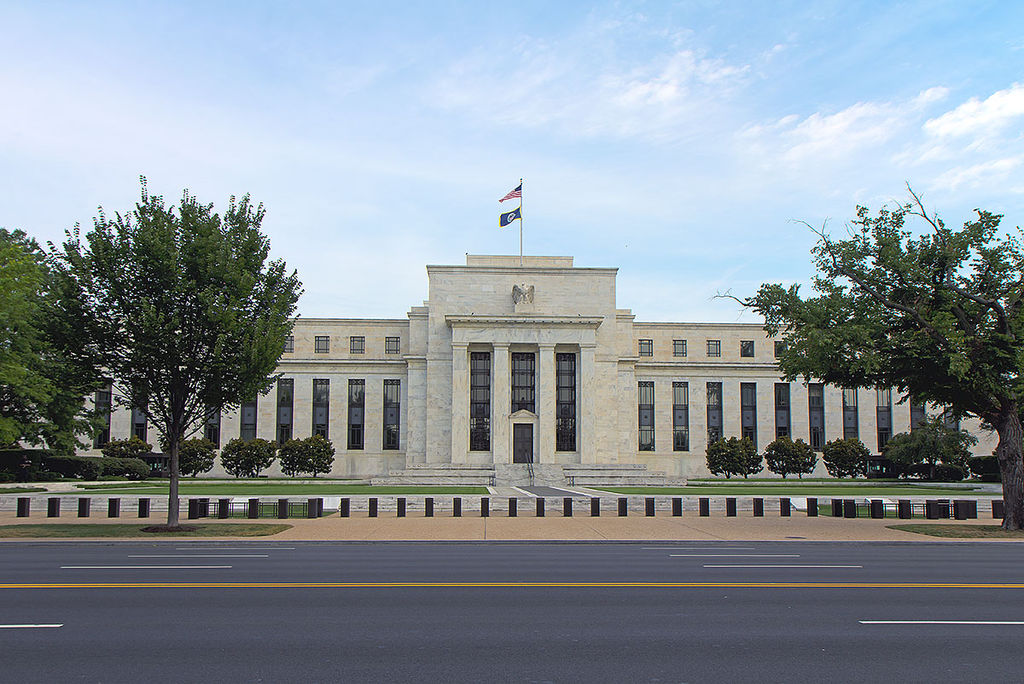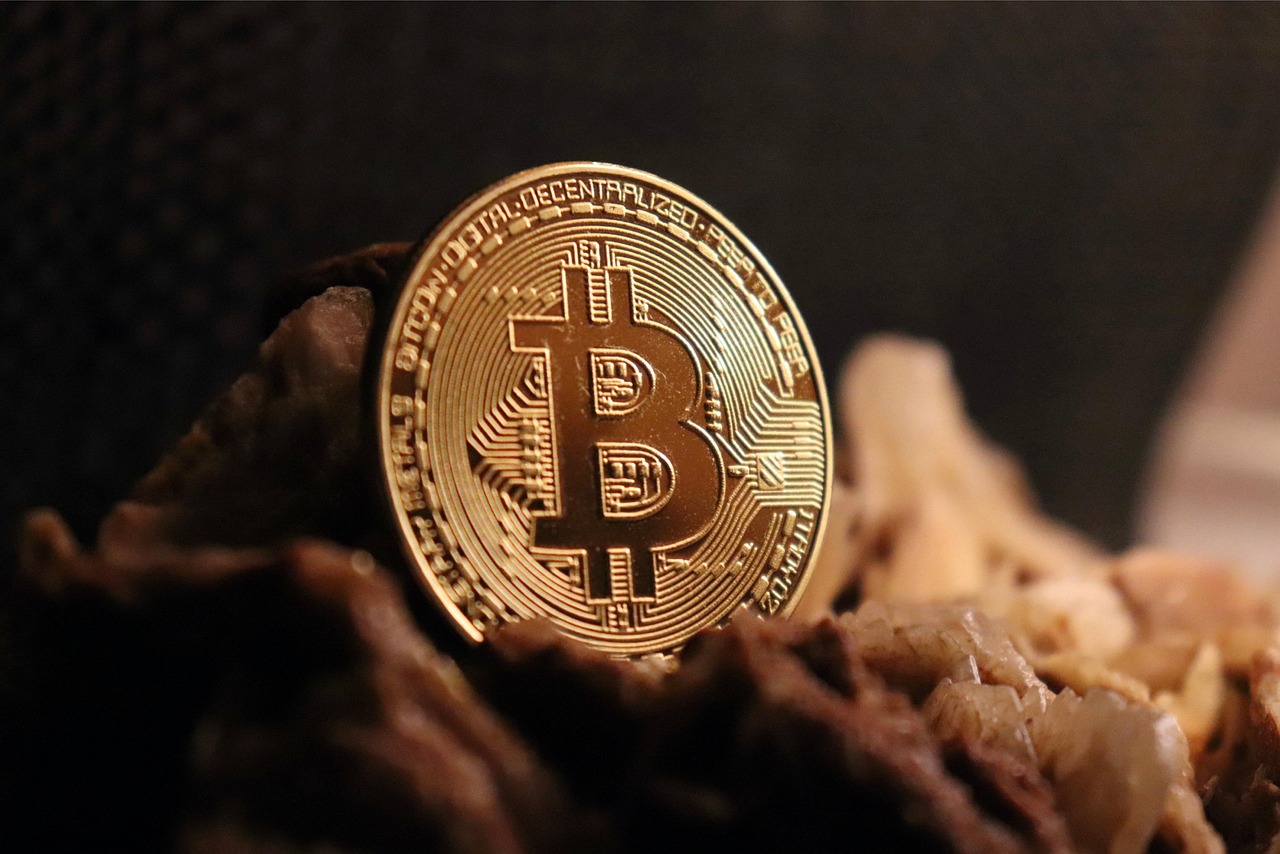The Federal Reserve (Fed) injected $29.4 billion into the U.S. banking system through overnight repo operations on Friday, marking its largest single-day liquidity move since the dot-com era. Simultaneously, the People’s Bank of China (PBOC) initiated a record cash infusion to support its domestic banking sector, signaling a potential turning point for global risk assets like Bitcoin (BTC).
The Fed’s historic repo operation followed a sharp sell-off in U.S. Treasuries, highlighting stress in short-term credit markets. By exchanging securities for cash, the Fed aims to stabilize liquidity and prevent systemic risks. This intervention expands the money supply, which often correlates with rising prices in risk assets such as Bitcoin. Fed Governor Christopher Waller’s recent call for a December rate cut hints at a dovish shift, contrasting with Chair Jerome Powell’s cautious stance. Polymarket data shows the probability of three 2025 rate cuts dropping from 90% to 65%, reflecting growing uncertainty.
Meanwhile, China’s central bank increased liquidity to sustain lending and counter deflationary pressures. The PBOC’s record injection seeks to boost credit growth and revive a slowing economy amid challenges in the property sector. This global wave of monetary easing expands liquidity and may drive investors toward alternative assets like Bitcoin, historically benefiting from such environments.
Analysts view the current scenario as a “liquidity tug-of-war” between the Fed and PBOC—balancing inflation, stability, and growth. Bitcoin remains stable near key levels, with declining derivatives activity showing trader caution. However, expanding liquidity could reignite bullish momentum if central banks sustain their accommodative stance.
As monetary expansion grows worldwide, Bitcoin’s position as a hedge against currency devaluation strengthens. The coming months will determine whether sustained liquidity sparks a new crypto bull run heading into 2026.

























Comment 0